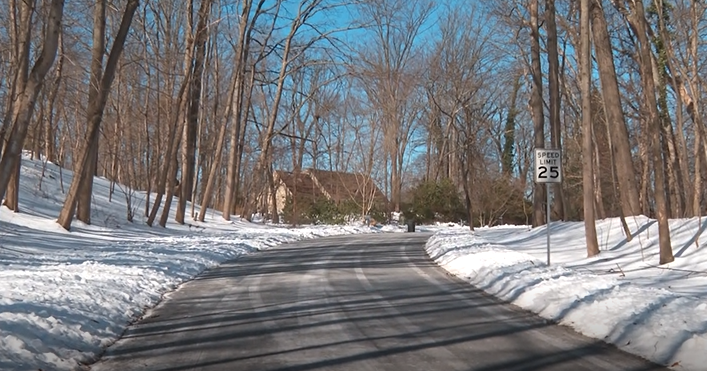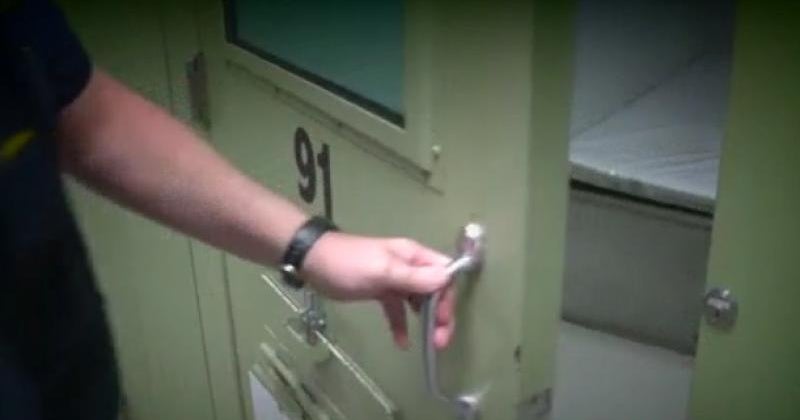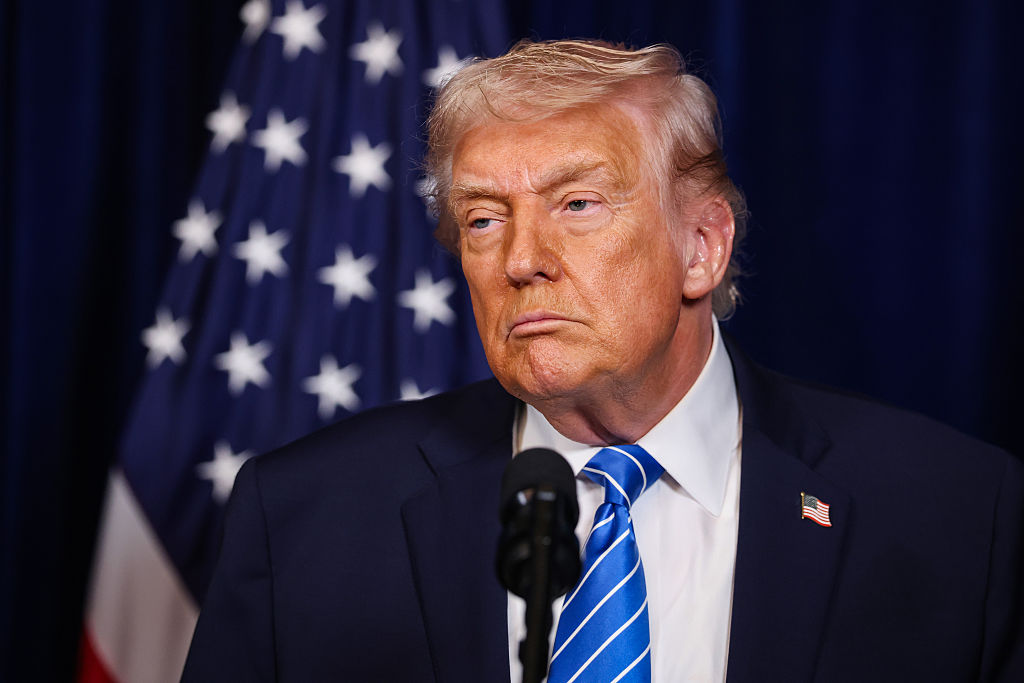Derek Chauvin, ex-officer convicted in George Floyd's killing, stabbed in prison
Derek Chauvin, the former Minneapolis police officer convicted of murdering George Floyd, was stabbed by another inmate Friday at a federal prison in Tucson, Arizona, a person familiar with the matter told CBS News.
Minnesota Attorney General Keith Ellison said in a statement to CBS News: "I am sad to hear that Derek Chauvin was the target of violence. He was duly convicted of his crimes and, like any incarcerated individual, he should be able to serve his sentence without fear of retaliation or violence."
Ellison later on Saturday morning said in a statement, he could confirm as of the night before that Chauvin is "expected to survive."
The Bureau of Prisons said in a statement that an incarcerated person was "assaulted" at the Federal Correctional Institution in Tucson at around 12:30 p.m. local time Friday. In the statement, the agency did not name the inmate assaulted or their condition, but said responding employees contained the incident and performed "life-saving measures" before the inmate was taken to a local hospital "for further treatment and evaluation." The assault on Chauvin was first reported by The Associated Press.
The Federal Correctional Institution is a medium-security prison. No employees were injured and the FBI was notified, the Bureau of Prisons said.
"Neither our law firm, nor any of Derek's immediate family (including the holder of his medical power of attorney-and his emergency contact-two separate family members) who have attempted to contact the prison have been provided with any updates on his condition or his current location," Gregory Erickson, a civil attorney for Chauvin, told CBS News in a statement.
Chauvin, 47, was sent to FCI Tucson from a maximum-security Minnesota state prison in August 2022 to simultaneously serve a 21-year federal sentence for violating Floyd's civil rights and a 22½-year state sentence for second-degree murder.
Chauvin's stabbing is the second high-profile attack on a federal prisoner in the last five months. In July, disgraced sports doctor Larry Nassar was stabbed by a fellow inmate at a federal penitentiary in Florida.
It is also the second major incident at the Tucson federal prison in a little over a year. In November 2022, an inmate at the facility's low-security prison camp pulled out a gun and attempted to shoot a visitor in the head. The weapon, which the inmate shouldn't have had, misfired and no one was hurt.
Chauvin's lawyer, Eric Nelson, advocated for keeping him out of general population and away from other inmates, anticipating he'd be a target. In Minnesota, Chauvin was mainly kept in solitary confinement "largely for his own protection," Nelson wrote in court papers last year.
Last week, the Supreme Court rejected an appeal by Chauvin, leaving in place his conviction. Lawyers for Chauvin had asked the Supreme Court in October to take up his legal battle, which centered around a Minnesota trial court's denial of his requests for a change of venue and to sequester the jury. Chauvin argued that the decision to keep the proceedings in Minneapolis deprived him of his right to a fair trial because of pretrial publicity and the threat of violence and riots in the event he was acquitted.
Floyd, a 46-year-old Black man accused of trying to make a convenience store purchase with a counterfeit bill, died on May 25, 2020, after Chauvin, who is white, pinned him to the ground with his knee on Floyd's neck for 9 1/2 minutes. Three other former officers who were at the scene received lesser state and federal sentences for their roles in Floyd's death.
Floyd's killing, captured on video by bystanders, set off a global wave of protests against police brutality and systemic racism.
Chauvin's stabbing comes as the federal Bureau of Prisons has faced increased scrutiny in recent years following wealthy financier Jeffrey Epstein's jail suicide in 2019. It's another example of the agency's inability to keep even its highest profile prisoners safe after Nassar's stabbing and "Unabomber" Ted Kaczynski's suicide in June at a federal medical center in eastern North Carolina.
— Melissa Quinn contributed reporting



